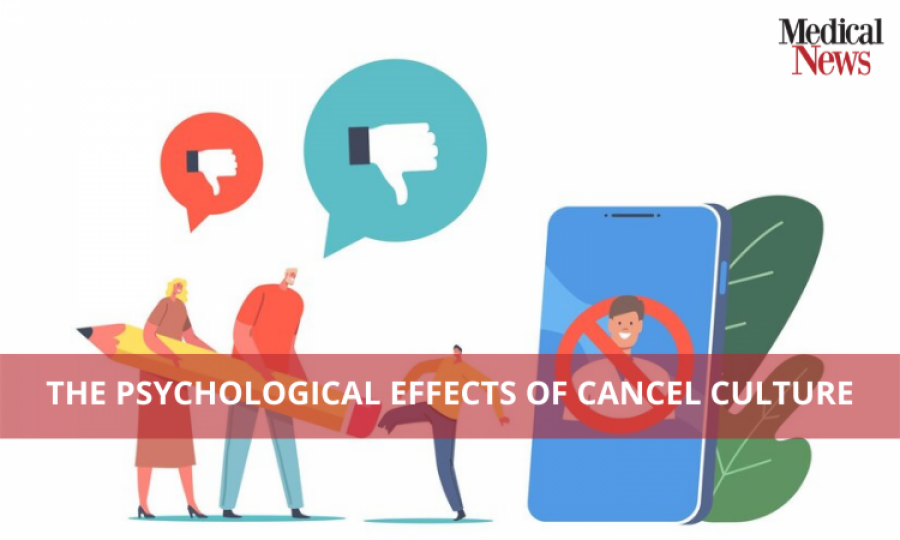The psychologial effects of cancel culture

Cancel culture is the modern version of boycotting people and events. In a nutshell, it means cutting people off from society because of any issue that people may deem as offensive.
Cancel culture began from social media and is mostly limited to it. Even though it can at times serve as a form of social justice but it is not without repercussions and can even be harmful if the alleged actions are not proven true.
Canceling is not just a teaching action, it is disguised as a form of punishment. The act of canceling an individual can happen through blocking, unfollowing, and/or verbally targeting them on social media platforms.
As everyone is connected through social media, people can have access to anyone they want to. Hence, they act as judges and take out social sentencing on whomever they deem fit.
The flip side of cancel culture
The most damaging effects happen when it turns into bullying. Instead of creating a dialogue of understanding and apologetic behavior people tend to block out the person and everything they say and perform collective bullying. The effects can manifest as:
- People who have been canceled may face anxiety and depression and go into isolation. This can be incredibly dehumanizing and if they do not reach out for help it can lead to suicidal thoughts.
- It’s based on the perception that human beings cannot make mistakes. It exempts people from reversing their mistakes or giving them a second chance. Even the advocates of cancel culture are not perfect human beings themselves because no one can be.
- People even lose their jobs, friends, and family if they have been canceled by social media which puts them further into depressive episodes and pushes them to feel even more alone.
What can be done to stop it?
There are some things that society as a whole can do to stop this toxicity:
- Realizing that canceling is about exerting dominance and not about practicing morality. Nobody is above anyone. Practicing kindness is the way to go.
- If someone is initiating this practice, stop them and make them understand that everyone is human including the person they are canceling. Give the other person a chance to rectify what they may have done.
- If someone has been affected by it lend them help and seek out mental health counselors for them.
Trending
Popular
Sindh pledges vigorous action to prevent poliovirus transmission
-
PMA stresses health equity on World ...
04:08 PM, 9 Apr, 2024 -
Dow University’s new rabies vaccine ...
12:18 PM, 28 Mar, 2024 -
IRD role lauded in advancing ...
02:53 PM, 12 Mar, 2024 -
Over one billion people worldwide ...
09:48 AM, 5 Mar, 2024




